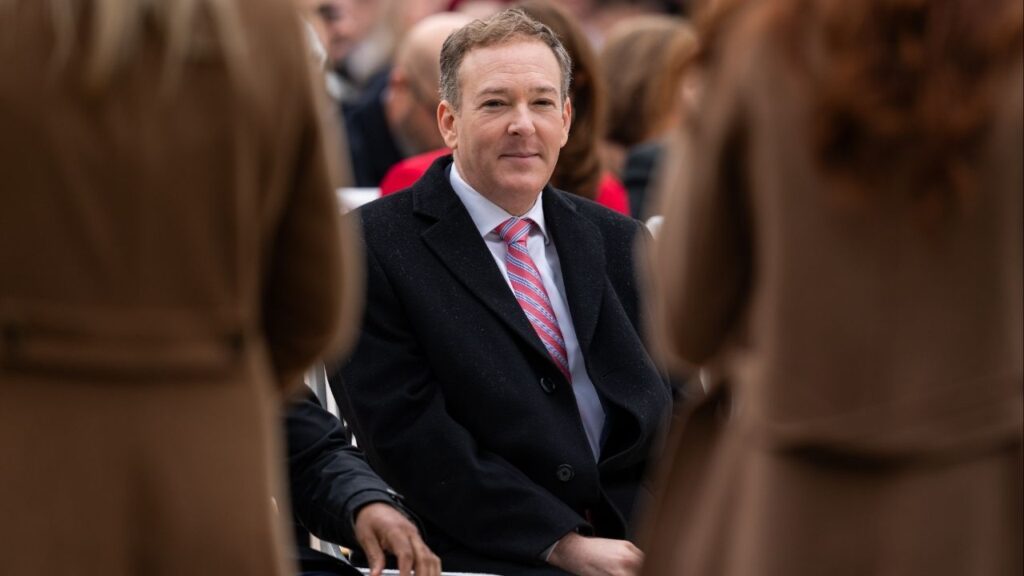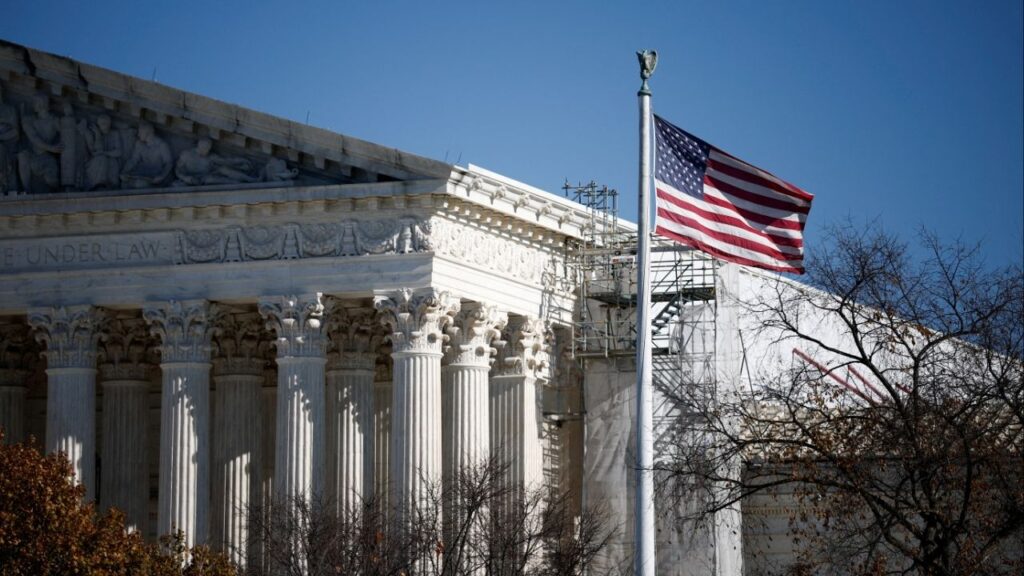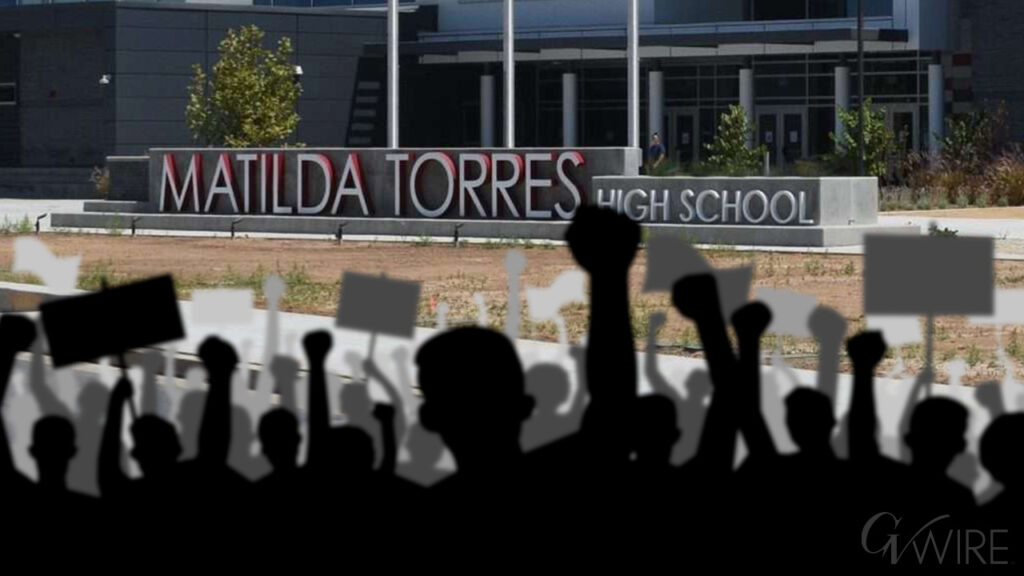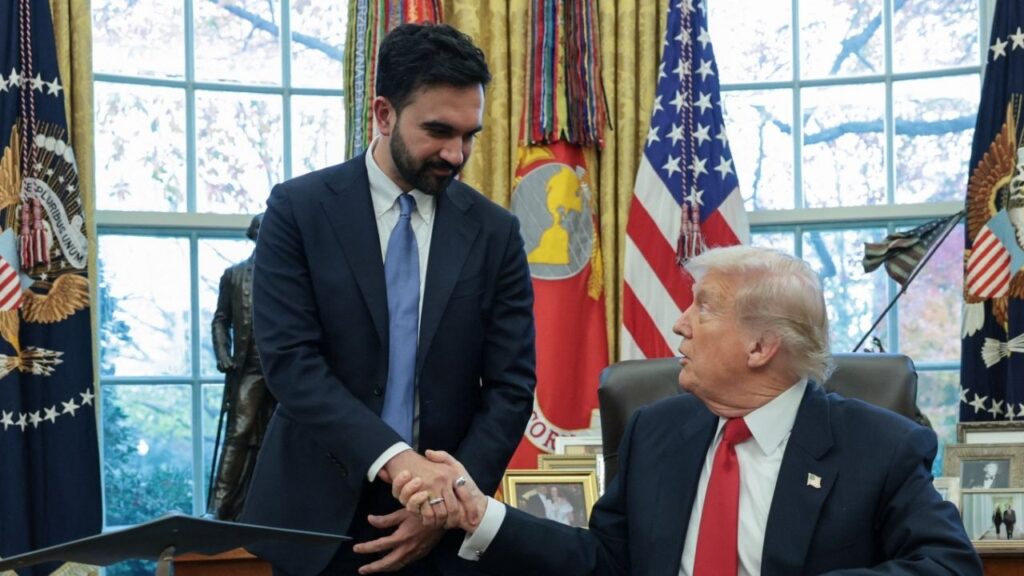GOP unveils unilateral spending bill, risking confrontation with Democrats over government funding as shutdown deadline looms. (AP/Julia Demaree Nikhinson)

- House Republicans propose spending bill to avert shutdown, challenging Democrats with defense boost and nondefense cuts.
- Speaker Johnson plans Tuesday vote without Democratic support, relying on Republican unity and Trump's backing.
- Democratic leaders warn of shutdown risk, criticizing the bill's flexibility for Trump administration spending.
Share
WASHINGTON — House Republicans unveiled a spending bill Saturday that would keep federal agencies funded through Sept. 30, pushing ahead with a go-it-alone strategy that seems certain to spark a major confrontation with Democrats over the contours of government spending.
The 99-page bill would provide a slight boost to defense programs while trimming nondefense programs below 2024 budget year levels. That approach is likely to be a nonstarter for most Democrats who have long insisted that defense and nondefense spending move in the same direction.
Congress must act by midnight Friday to avoid a partial government shutdown.
Speaker Mike Johnson, R-La., is teeing up the bill for a vote on Tuesday despite the lack of buy-in from Democrats, essentially daring them to vote against it and risk a shutdown. He also is betting that Republicans can muscle the legislation through the House largely by themselves.
Trump’s Backing and Republican Strategy
Normally, when it comes to keeping the government fully open for business, Republicans have had to work with Democrats to craft a bipartisan measure that both sides can support. That’s because Republicans almost always lack the votes to pass spending bills on their own.
Crucially, the strategy has the backing of President Donald Trump, who has shown an ability so far in his term to hold Republicans in line.
“Let’s get this Bill done!” Trump said on social media earlier this week.
Related Story: Elon Musk Tells Republicans He’s Not to Blame for Federal Firings
Bill Details and Republican Support
House Republicans’ leadership staff outlined the contours of the measure Saturday, saying it would allow for about $892.5 billion in defense spending and about $708 billion in nondefense spending. The defense spending is slightly above the prior year’s level, but the nondefense comes in about 8% below.
The leadership aides said the deal does not include various side agreements designed to cushion nondefense programs spending from cuts. Those side agreements that were part of negotiations by Democratic President Joe Biden and Speaker Kevin McCarthy, R-Calif., when they were in office The negotiations allowed for a debt ceiling extension in return for spending restraints. And under terms of that agreement, defense and nondefense spending were both set to increase 1% this year.
The measure will not include funding requested by individual lawmakers for thousands of community projects around the country, often referred to as earmarks.
The bill does not cover the majority of government spending, including programs such as Social Security and Medicare. Funding for those two programs are on auto pilot and are not regularly reviewed by Congress.
Democratic Opposition and Shutdown Concerns
Democratic leaders are warning that the decision to move ahead without consulting them increases the prospects for a shutdown. One of their biggest concerns is the flexibility the legislation would give the Trump administration on spending.
“We cannot stand by and accept a yearlong power grab CR that would help Elon take a chainsaw to programs that families rely on and agencies that keep our communities safe,” said Washington Sen. Patty Murray, the lead Democrat on the Senate Appropriations Committee.
The Democratic leadership in both chambers has stressed that Republicans have the majority and are responsible for funding the government. But leaders also have been wary of saying how Democrats would vote on a continuing resolution.
“We have to wait to see what their plan is,” said Senate Democratic leader Chuck Schumer of New York. “We’ve always believed the only solution is a bipartisan solution, no matter what.”
House Democratic leader Hakeem Jeffries of New York said earlier this week that the Democratic caucus would meet and discuss the legislation at the “appropriate moment.” But he struck a more forceful tone Friday.
Jeffries said Democrats are ready to negotiate a “meaningful, bipartisan spending agreement that puts working people first.” But he said the “partisan continuing resolution” threatens to cut funding for key programs, such as veterans benefits and nutritional assistance for low-income families.
“That is not acceptable,” Jeffries said.
Trump has been meeting with House Republicans in an effort to win their votes on the legislation. Republicans have a 218-214 majority in the House, so if all lawmakers vote, they can afford only one defection if Democrats unite in opposition. The math gets even harder in the Senate, where at least seven Democrats would have to vote for the legislation to overcome a filibuster. And that’s assuming all 53 Republicans vote for it.
RELATED TOPICS:
Categories

MAHA Activists Urge Trump to Fire His EPA Administrator

Meta Strikes Multiple AI Deals With News Publishers

















